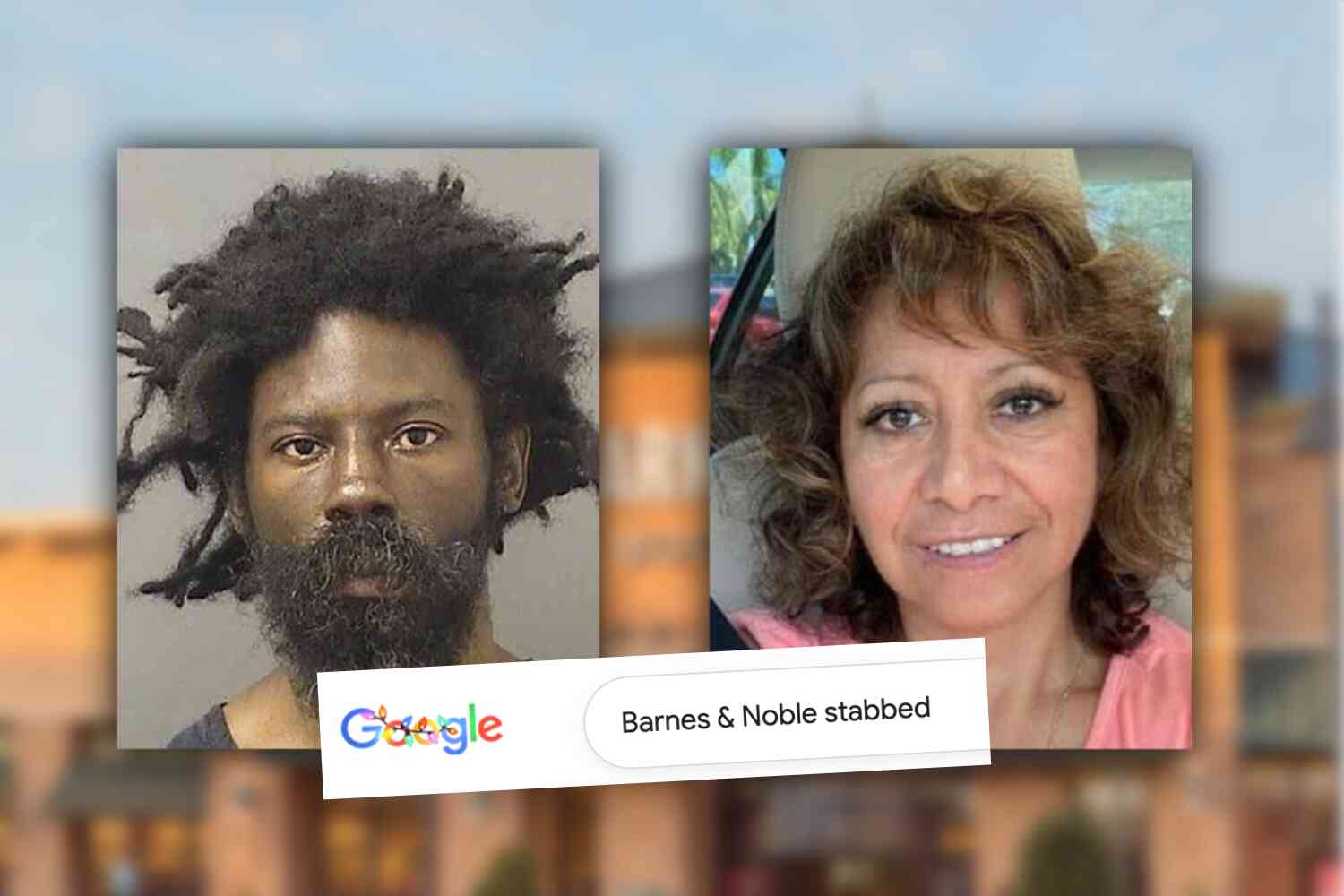Most of you are likely already familiar with the excerpt from Elon Musk's interview with CNBC's Mark Faber in which he employed a "Princess Bride" quote to justify a Marvel movie reference in possibly one of the most masterful pop-culture juxtapositions ever:
But the question, or line of questioning, needs just as much attention (if not more) because if we let it slide, we will be playing defense forever.
The segment in question begins with Faber bringing up Musk's tweet comparing George Soros to Magneto and pointing out that it attracts controversy. Musk interjects,
I think that's true, that's my opinion.
Faber immediately asks,
Why share it?
Why share it?
We all understand the context: Musk owns a consumer goods company, and Faber makes that point specifically noting that "people who buy Teslas may not agree with you," but let's hold that thought for a moment as the question should itself chill you to the bone once you think about it for a bit.
Musk, for his part, gave what I believe to be a genuine and impromptu expression of disdain for the question, which was perhaps even more powerful than his later verbal answers.
This does not stop Faber. He's all-in with this soft totalitarian social-credit approach to "free" speech and continues,
Why not just say, "hey, I think this, and tell me, we can talk about it over there, you can tell your friends, but why share it widely?"
There is a clear implication here. Yes, you can share your opinions as long as they are in hushed tones on dark corners.
Soviet style!
Musk answers the question in a straightforward manner.
This is freedom of speech, I'm allowed to say what I want.
Yes, yes, of course, Faber pantomimes,
You absolutely are…
He says that because that's what he's supposed to say.
After he's done with the obligatory nod towards the Constitution, Faber goes on to undermine the entire concept.
…but I'm trying to understand why you do because you have to know it's gotta, there are, it, it puts you in a, in the middle of a partisan divide in the country, it makes you a lightning rod for criticism, I mean, do you like that?
Note the social shaming. Do you like that?
That's largely when Musk gives the answer I began this piece with.
As good as that was, as satisfying as that was, I feel like he missed an opportunity.
The legitimacy of this line of questioning must be challenged right at the get-go and at every turn.
The question isn't "why share it?" and never should be. The question is, "why not share it?" and unless there's an answer other than, "well, it's controversial," the conversation should end there.
Yes, Musk has a business to run and he could very much damage his financial and social standing when expressing his opinions. Faber made that crystal clear.
But isn't that true for all of us? It's on a much smaller scale, of course, but it's very big to us as individuals. We can lose friends, neighbors, jobs, our kids can be socially shunned.
It's happened, and is the core of "cancel culture."
When Faber asked, "why share it?," he's not just asking Musk. He's asking all of us.
Progressives like to point out that of course you have free speech but that doesn't mean there aren't consequences.
Well, if there are consequences, that's not free speech, is it? Of course, there have always been consequences, but they are orders of magnitude greater than they used to be.
This is the thing that has changed, and Faber touched upon it noting the "partisan divide in the country," but why is everything turned up to 11?
Certainly no one used to risk losing his or her job suggesting that maybe a dude who throws on a dress is not actually a woman.
I started writing under a pseudonym many years ago because I thought it was amusing and a method of personal branding. I otherwise was pretty free with my political opinions with friends and work colleagues and bosses and neighbors. I was a pretty hardcore libertarian for a while, but I was still genuinely "free" to express my opinions as were they. We could all disagree and still get along and I enjoyed the back and forth, the intellectual rigor, and the fact that it was all usually done in good faith.
Now?
It's not clear to me how to fix that part of it, but if we're going to start somewhere, we should start by refusing to legitimize illegitimate questions.
Why share it?
No, sorry, you tell me why I shouldn't. "Because people are going to disagree with you" is just not going to cut it.









